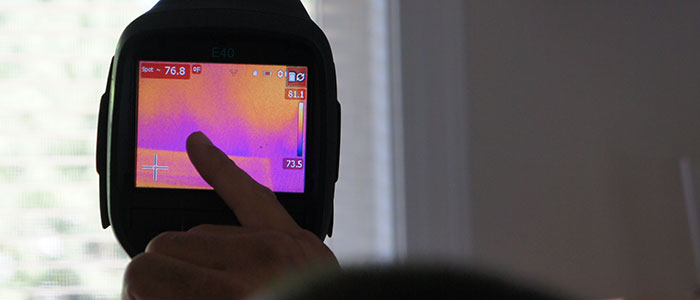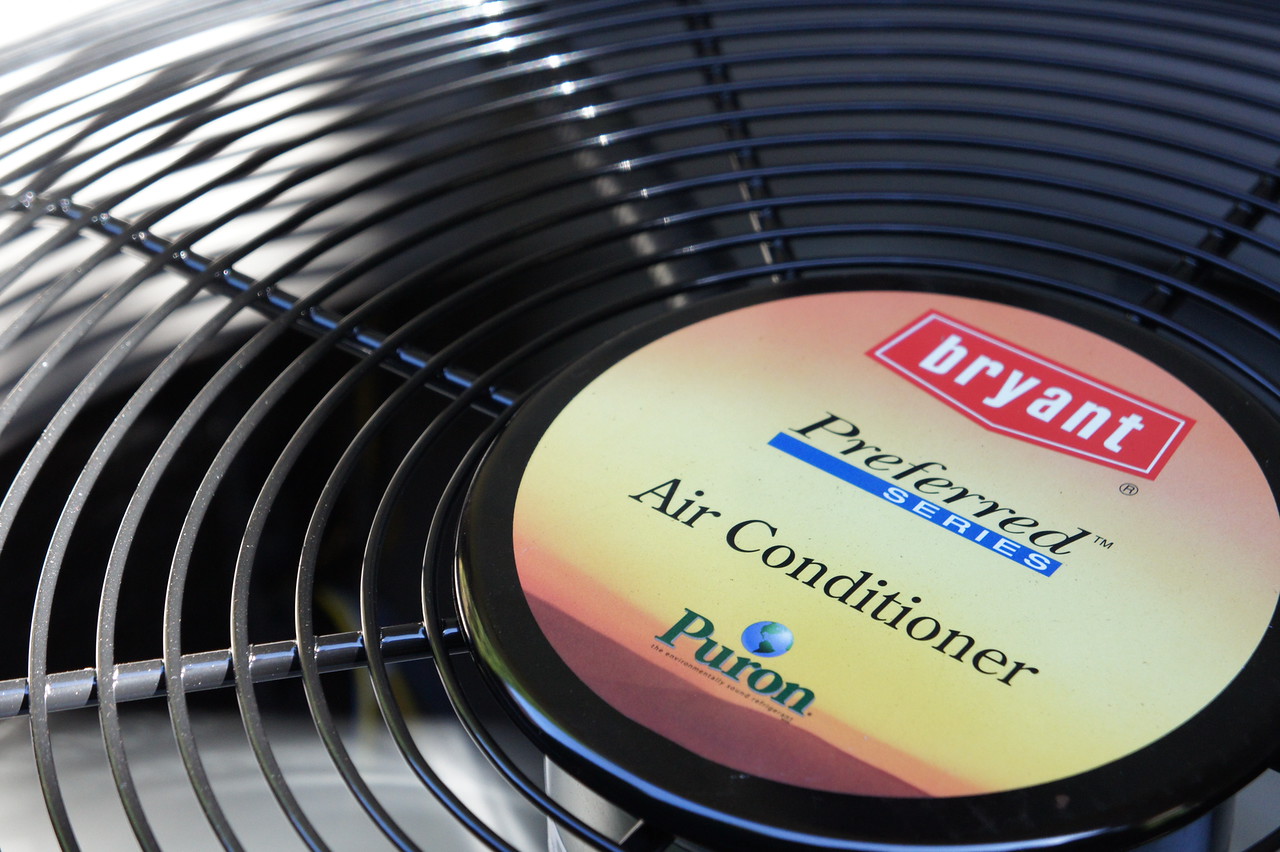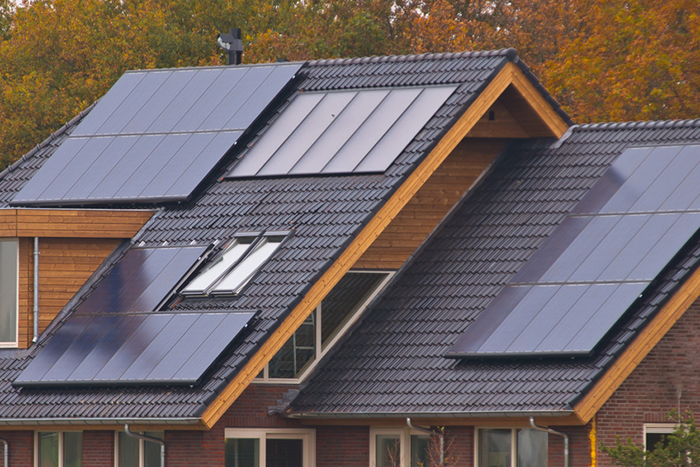
Solar power adoption in Seattle
Is it the weather? Nope, Seattle gets as much, if not more sun than Germany, the world leader in solar implementation. Even with our grey days, we get enough sun to effectively run solar systems.
Is it the availability of solar systems? We have plenty of imported and local system choices. Washington State is home to 35 manufacturers of solar systems and components. It’s a growing industry employing 2,400 people as of 2014.
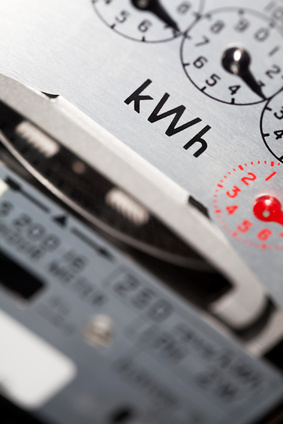
Is it the incentives? Washington State provides ample incentives including:
- Net metering which allows you to give power back and take it off your bill. There are limits and requirements from each utility, but the idea is that you get credited for the power you produce at retail price, and your electric bill is only the difference (if any) between what you generated and what you used.
- In-State Production incentives: In addition to net metering, you can earn a bonus payment starting at $0.15kwh up to $0.54/kWh (max $5000 per year), for use of made-in-Washington parts and systems. While China produces a large number of the solar systems available, Washington State wants to encourage us to use our local producers. By using solar modules and inverters that are made in state, you can collect these incentives. The local utilities may call these by different names and implement them on your bill slightly differently. For example, PSE calls the production incentive REAP (renewable energy advantage program). These incentives are set to expire in 2020. Some local community utilities have their own incentives as well.
- One time benefits: From now until June 2018, when you install a solar electric or hot water system you can get a sales tax credit which varies with the size of the system. Smaller systems may get a 100% rebate on sales tax and larger systems can qualify for 75% tax rebate. Plus the federal energy tax credit gives you a tax credit for 30% of the system cost when you install before the end of 2016.
The number one reason that Seattle-ites haven’t jumped on the solar bandwagon is because the cost of electricity in our state is so low that the payback could take a decade or more.
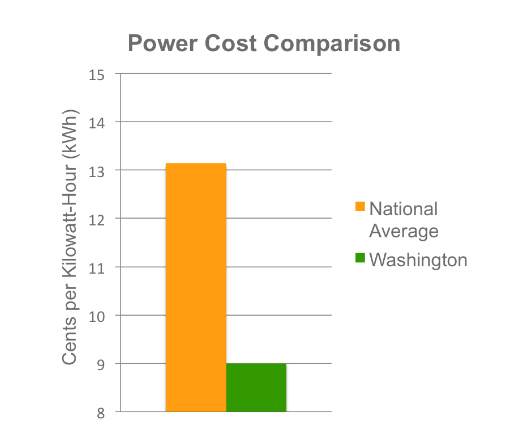
Source: SolarPowerRocks.com
According to Seattle City Light, “If we divide the initial cost of a system by the total electricity produced over 30-years, the cost of solar electricity (without incentives) is about 3 times what City Light residential customers now pay for electricity. With net metering and new federal and state incentives the economics of solar become more favorable”.
If you consider the benefits of net metering and plan to stay in your house, this investment may be a good one. As SCL points out, this should be looked at as “a long term investment for you and the environment.”
While many families have been reluctant to make the $15,000 to $25,000 investment in a solar system for their home, there are energy saving benefits from less expensive alternatives that could reduce your energy consumption. The Department of Energy’s recommendation for energy saving in older homes is to start with a home energy audit and ensure you have air sealing and insulating to code. These steps alone can reduce energy costs substantially.
Washington Energy is committed to enhancing the lives of our Puget Sound neighbors through energy saving solutions and helpful information. While we do not provide solar systems, we have many alternatives to make your home comfortable and energy efficient. For home energy audits, insulation, and more, contact us.
Related products
Suggested Reading
- 2016
- AC
- AC Installation
- AC Units
- AFUE
- air conditioing
- air conditioner
- air conditioning
- air conditioning maintenance
- air conditioning service
- air conditioning tune-up
- air duct
- air duct cleaning
- air handlers
- air pollution
- Air Purification System
- air purifier
- Air Sealing
- angie's list
- award
- basement Finishing
- Bathroom remodel
- BBB
- BBB Accredited Business
- before and after
- Best air conditioner
- best filters
- best generator
- best locks
- best water heater
- best window install
- boilers
- bryant
- Bryant AC
- bryant furnace
- bryant heat pump
- christmas lights
- clean air
- clothes drive
- Clothes For Kids
- coat drive
- combi-boiler
- comfort
- community
- Construction
- contractor
- contractors
- Cooling
- Cooling equipment
- Coronavirus Protection
- custom
- daikin
- deals
- discounts
- DIY
- Donation
- Donations
- door hardware
- door installation
- door replacement
- Door Transformations
- doors
- drafty home
- drain cleaning
- Duct Cleaning
- Duct Cleaning Services
- ductless
- Ductless heat pump
- ductless heat pump. mini-split
- Ductless heat pumps
- ductless heating system
- ductless heating systems
- ductless installation
- Ducts
- earth day
- eco friendly
- EER
- election
- electrical inspection
- emergency
- energy
- energy conservation
- energy efficiency
- energy efficiency rebates
- energy efficient AC
- energy efficient air conditioner
- energy efficient home
- energy efficient hvac
- energy efficient HVAC Systems
- energy efficient windows
- energy myths
- energy saving
- energy saving home products
- energy star
- energy tax credit
- environmentally friendly
- exterior doors
- fall
- fall weather
- fiber cement
- fiberglass doors
- filter
- filter change
- financing options
- fireplace
- fireplace insert
- fireplace repair
- fireplace tune-up
- front door
- furnace
- furnace filters
- furnace install
- furnace maintenance
- furnace mileage
- furnace problems
- furnace replacement
- furnace service
- furnaces
- Garage door replacement
- gas fireplace
- gas fireplace inserts
- Gas Fireplace Makeover
- gas furnace
- generators
- going green
- good business practices
- green solutions
- Guardian Maintenance Club
- heat
- heat pump
- heat pump installation
- heat pump maintenance
- heat pump vs ac
- Heat Pumps
- heat pumps maintenance
- heat wave
- Heating
- Heating and Cooling equipment
- heating and cooling systems
- Heating Brands
- Heating Control
- Heating equipment
- Heating System Tuneup
- heatwave
- HEPA filter
- history
- holiday
- home
- home buyer
- home energy
- home energy efficiency
- Home energy efficiency solutions
- home exterior
- home heating
- home improvement
- Home Improvement Rebates
- home improvement repair
- home inspection
- home maintenance
- home maintenance checklist
- home maintence
- home performance
- home protection
- home repair
- home safety
- home upgrade trends
- home upgrades
- home value
- homeowners
- honeywell
- hot water
- hot water heater
- houzz
- how to
- HVAC
- HVAC Contractor
- HVAC Contractors
- hvac system
- IAQ
- indoor air quality
- infographic
- install
- install furnace
- insulation
- intellihot
- interior doors
- kids
- Kitchen face lift
- LED light
- LED lights
- light bulb
- light bulbs
- locks
- mailbag
- maintenance
- march
- membership
- mini-split
- modulating furnace
- money saving
- money savings
- navien
- new door installation
- new home
- New homeowner
- new windows
- news
- pacific northwest weather
- patio doors
- pets
- plumbing
- plumbing inspection
- power
- power outages
- precision tune up
- preventative
- Pro Tips
- Programmable Thermostat
- Programmable Thermostats
- propane
- PSE Award
- PSE Energy
- PUD
- Q & A
- Ratings
- rebates
- refund
- REME Halo
- Remodel
- remodeling hacks
- Replacing Heating System
- reputation
- Safe Home Insulation
- sale
- save energy
- Saving money
- scam
- scams
- seattle
- Seattle Weather
- SEER
- service
- services
- Siding
- Siding replacement
- sliding glass doors
- Smart Home
- Smart thermostat
- smoke
- Solar Attic Fan
- solar power
- Solar Powered Light Strand
- sound
- spring
- standby generators
- storm doors
- summer
- summer fires
- Summer heat
- Summer home
- super service 2016
- tank water heater
- Tank water heaters
- tankless tune ups
- tankless water heater
- tankless water heaters
- tax rebate
- thanksgiving
- Thermostat
- tips
- trends
- tune-up
- upgrade
- upgrade cooling
- upgrade heating
- utilities
- utility rebates
- veterans
- Washington Energy
- washington energy services
- water conservation
- Water Heater
- water heater installation
- water heater maintenance
- water heater repair
- water heaters
- water leak protection
- Wildfire Season
- wildfire smoke
- window
- window energy efficiency
- window install
- window maintence
- window remodel
- window repair
- window replacement
- windows
- winner
- winter
- zone heating
- Air Conditioning
- Air Purifiers
- Cooling
- Doors
- Ductless heat pump
- Environmental
- Fireplace
- Furnace
- Gas fireplace
- Generators
- Heat pump
- Heating
- Home improvement
- How to
- HVAC
- Indoor Air Quality
- Insulation
- News
- Plumbing
- Rebates
- Seattle
- Siding
- Smart Home
- Tank water heaters
- Tankless water heaters
- Tips to save money
- Uncategorized
- Wildfire Season
- Windows
